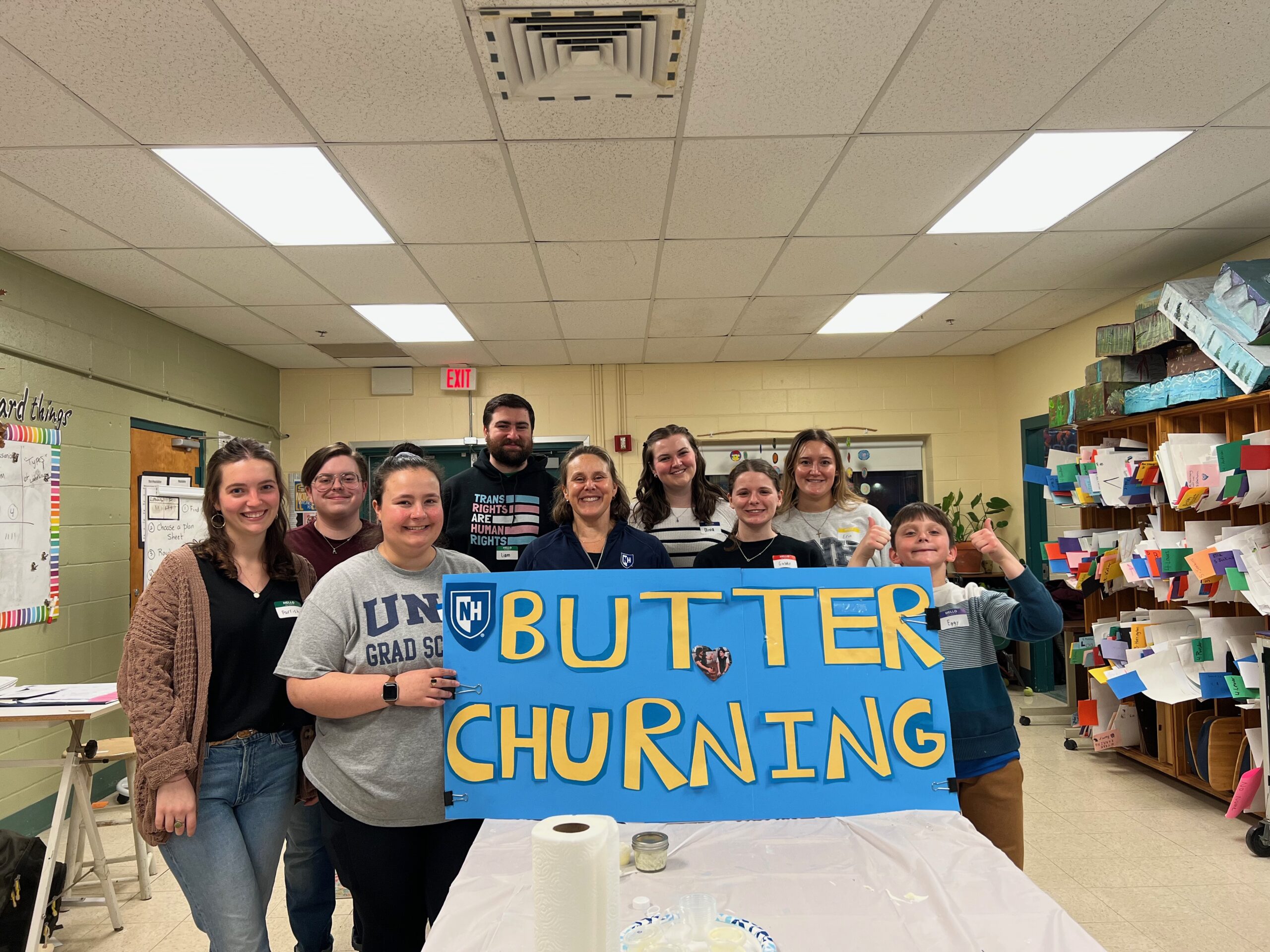Why Study History
Historical Thinking in Everyday Life
The AHA offers resources for educators and students on the importance of studying history, and reflections on why learning about the past helps us understand the present.

January 1, 2026
What Can You Do with That History Degree? Exploring the Data

June 13, 2019
What I Do: Personal Narratives

January 1, 1998
Why Study History? (1998)
"I love history because history is about everything. What other discipline can say that?"
JoAnne Mancini
“Why study history? Because an approach that calls on multiple disciplines to learn about the world provides support for social responsibility, engaged citizenship, and the institutions of democratic societies; sharpens tools for career development; contributes to the enjoyment of life by unlocking the beauty of art and culture; and fosters an ethical framework that promotes the quest for understanding, empathy, and personal humility. A better question would be, why not study history?”
Frank Valadez
“Memory, indeed, makes us human. History, our collective memory, carefully codified and critically revised, makes us social, sharing ideas and ideals with others so as to form all sorts of different human groups. Each such group acts as it does largely because of shared ideas and beliefs about the past and about what the past, as understood and interpreted by the group in question, tells about the present and probable future.”
William H. McNeill
"As investigators and explicators of the past historians help us to understand people, institutions, cultures. We need that understanding in order to live responsibly and work toward a more just world. Plus, all that knowledge makes life so much richer."
Mara Cota
"History is a discipline that requires both risky creativity and balance. Doing history is a fascinating exercise of letting our imagination go wild while keeping our interpretation grounded on the evidence. It is a practice that keeps you constantly curious and eager to dig deeper."
Cristina Soriano
"Why study history? To know what it is to live; to know how others have thought and lived; to know why society and the world are the way they are; to help us forge our own lives—and by so doing, to make history itself."
Gordon H. Chang
"Only through studying history can we grasp how things change; only through history can we begin to comprehend the factors that cause change; and only through history can we understand what elements of an institution or a society persist despite change."
Peter Stearns
"Around the world, communities are engaged in post-truth, ahistorical thinking. In such times, dusty old tomes and documents, art, artifacts, oral memories, et al., are the anchors that ground knowledge production, and function as beacons that illuminate a path towards balanced interpretations."
Sanjukta Poddar
"History requires you to develop the skills of empathy and imagination: done with integrity, history is tremendous force for compassion."
Victoria Haskins
"When I hear that this political period is the most tumultuous in US history, or that the public has never been so divided, I can turn to the historical record to provide examples of past crises and periods of turmoil that were overcome, or that changed a society for the better. The study of history is the study of the long-view, and a respite from the paralyzing immediacy of the present."
Amy Hart
"History is empowering for me. It inspires me in a variety of ways. Most importantly, it continually enriches my understanding of the struggles and accomplishments of African Americans. This is what has been missing in my own and in many African Americans’ everyday understanding of themselves and each other. Investigation into the past, then, has allowed me to understand the present."
Patricia Reid
"For me, history has always been about understanding people and imagining myself in a different place and time. It teaches empathy and encourages students to consider multiple perspectives before arriving at a conclusion. Even if they choose a different major or career path, I hope that studying history enables students to engage in critical thinking, to challenge accepted paradigms, and to understand different viewpoints and historical processes."
MayaLisa Holzman
Everything Has a History
History informs our understanding of everything, and historians' voices are essential in conversations about current events. The American Historical Association advocates for the crucial role of historical thinking in public life and highlights the insights that come when we recognize that everything has a history.
AHA Advocacy
Advocating for the Discipline
The American Historical Association is unique among history organizations with the breadth and depth of our advocacy efforts.

September 20, 2016
Letter of Concern Regarding Mexican-American Heritage Textbook
Support AHA Advocacy
The American Historical Association provides leadership for the discipline, defends academic freedom, and promotes the critical role of historical thinking in public life. We need your support for this and our ongoing advocacy efforts at the federal and state levels. Please join join or donate today.
Promoting Historical Thinking in Public Life
Your Voice Matters
The AHA has developed advocacy guides intended to help AHA members, and the public more broadly, advocate for history, the work of historians, and history education. Individuals can make a difference.
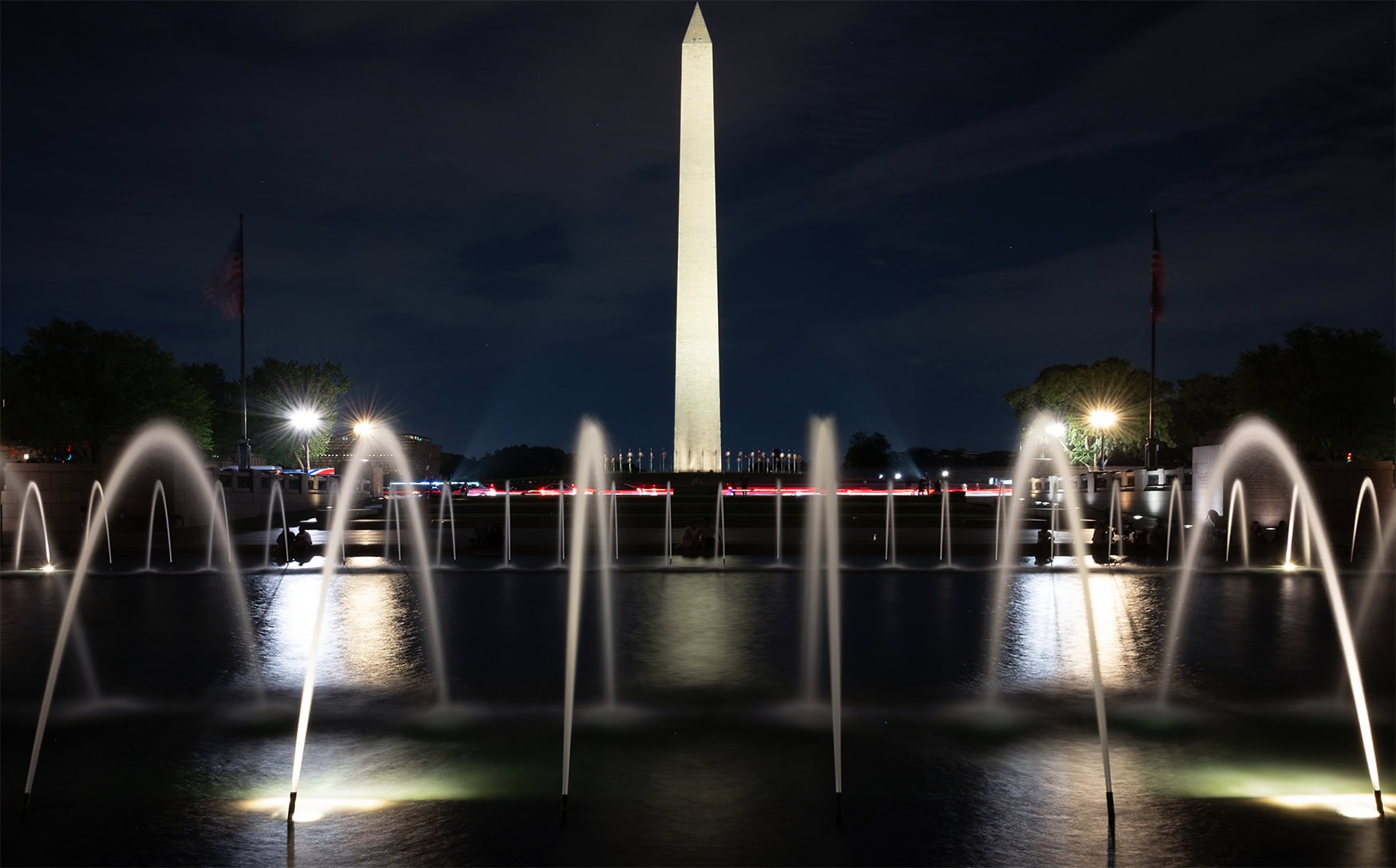
History & Public Policy
The AHA is committed to honest history—in the classroom, in public memory, and through the many programs through which the federal government supports research.
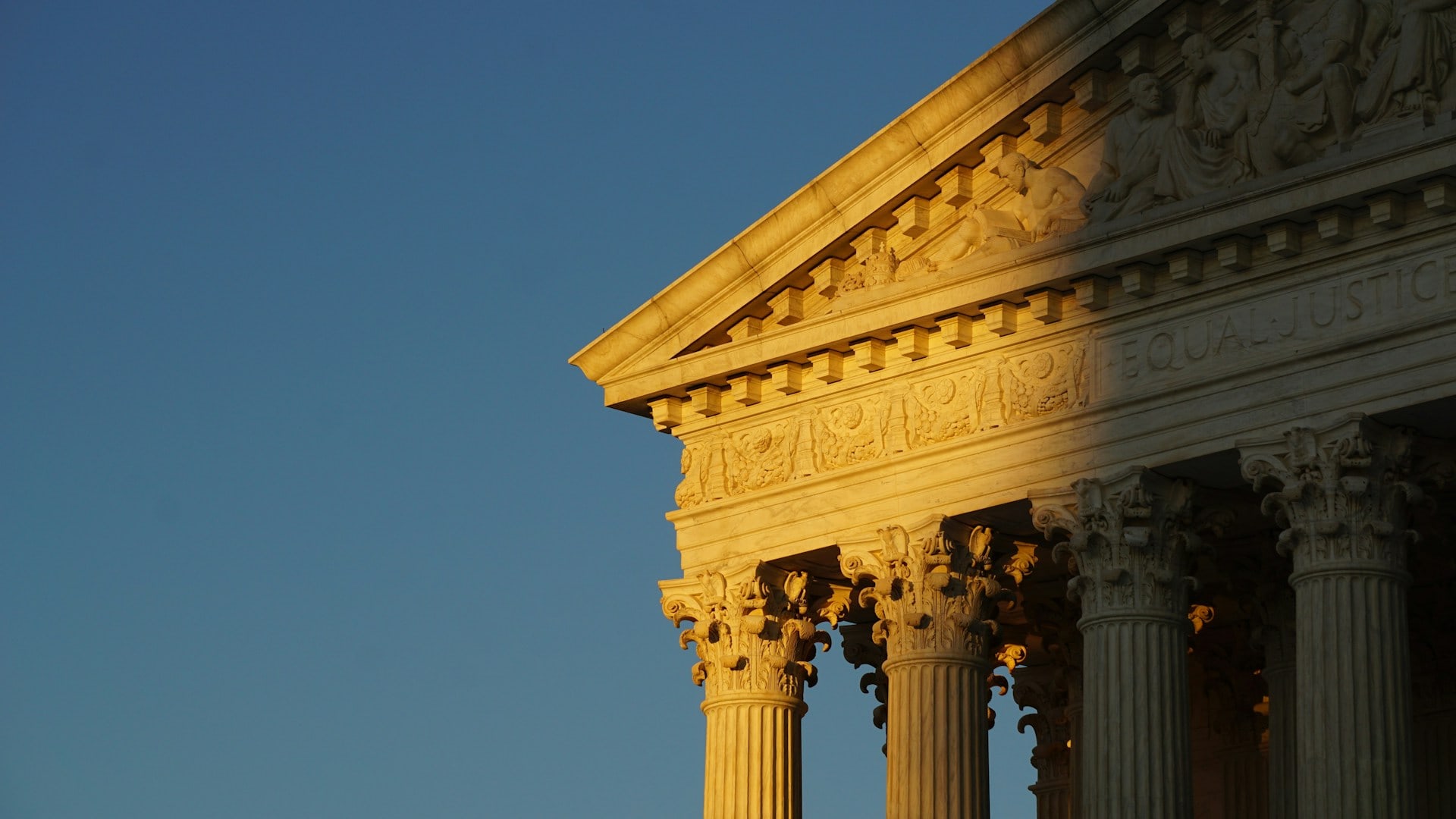
Amicus Briefs
The AHA endorses amicus briefs that coincide with the AHA’s Guiding Principles for Taking a Public Stance, and our members often lend their expertise to crafting amicus briefs.
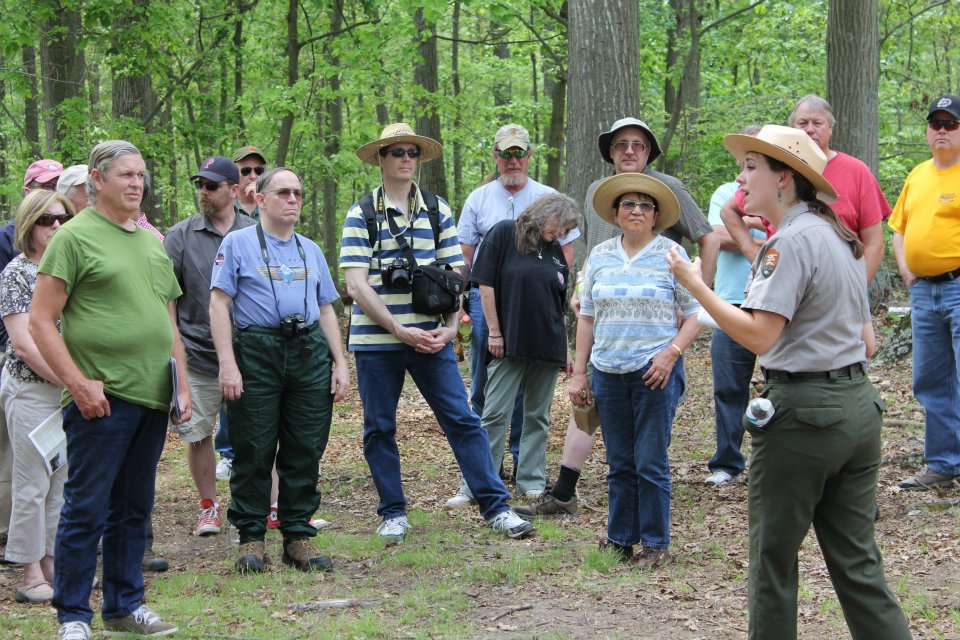
Current Events in Historical Context
These compilations of AHA resources provide historical context to important current events.
Congressional Briefings
The AHA’s Congressional Briefings series seeks to provide Congressional staff members, journalists, and other members of the policy community with the historical context essential to understanding contemporary issues.
Supporting History Education
Teaching History with Integrity
The AHA leads or participates in several initiatives to provide resources and support for history educators facing intensifying controversies about the teaching of the American past.
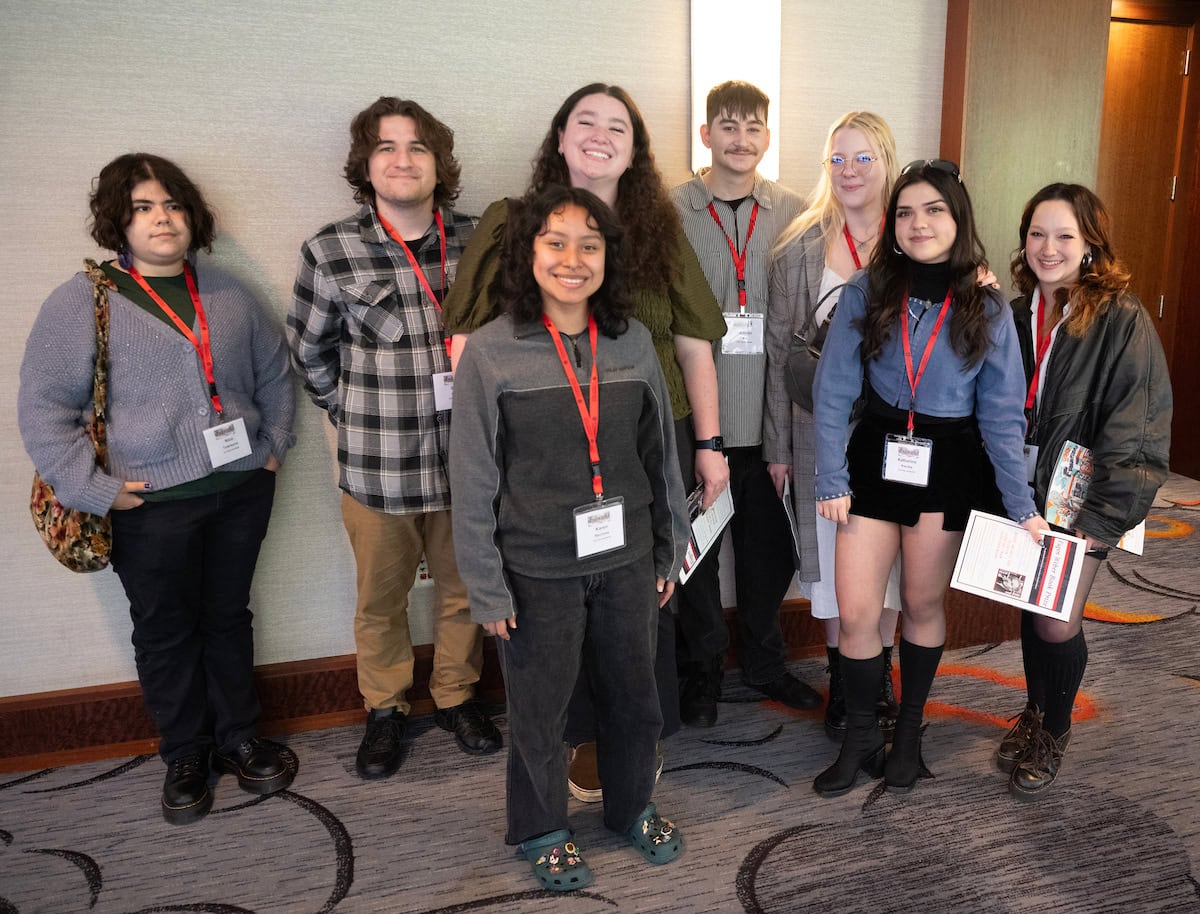
The AHA’s Freedom to Learn initiative educates historians and others on how to advocate publicly for honest history education and responds directly to legislation.

Videos featuring historians describing how exploring America's past honestly in the classroom benefits the nation's students, and how the freedom to learn also strengthens our shared democracy.
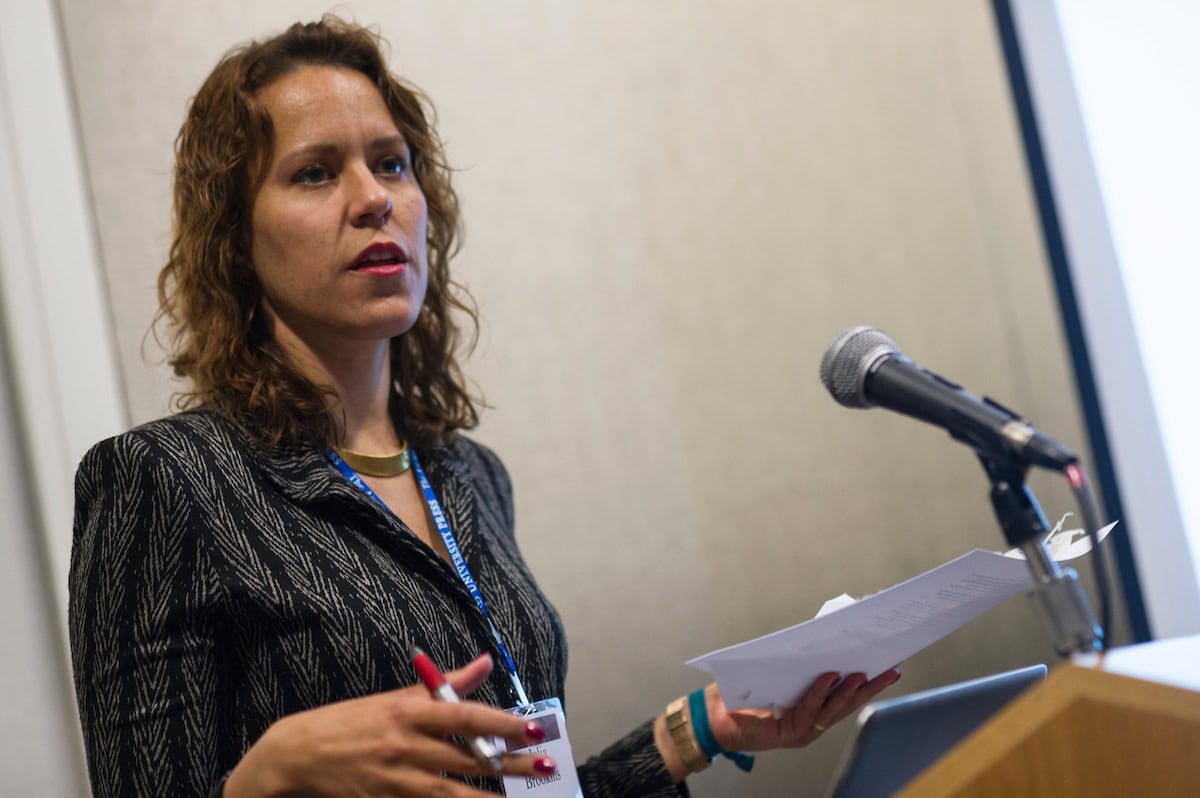
AHA staff have testified before state legislatures and boards of education, published articles, and made media appearances in support of the teaching of honest history, and public education.
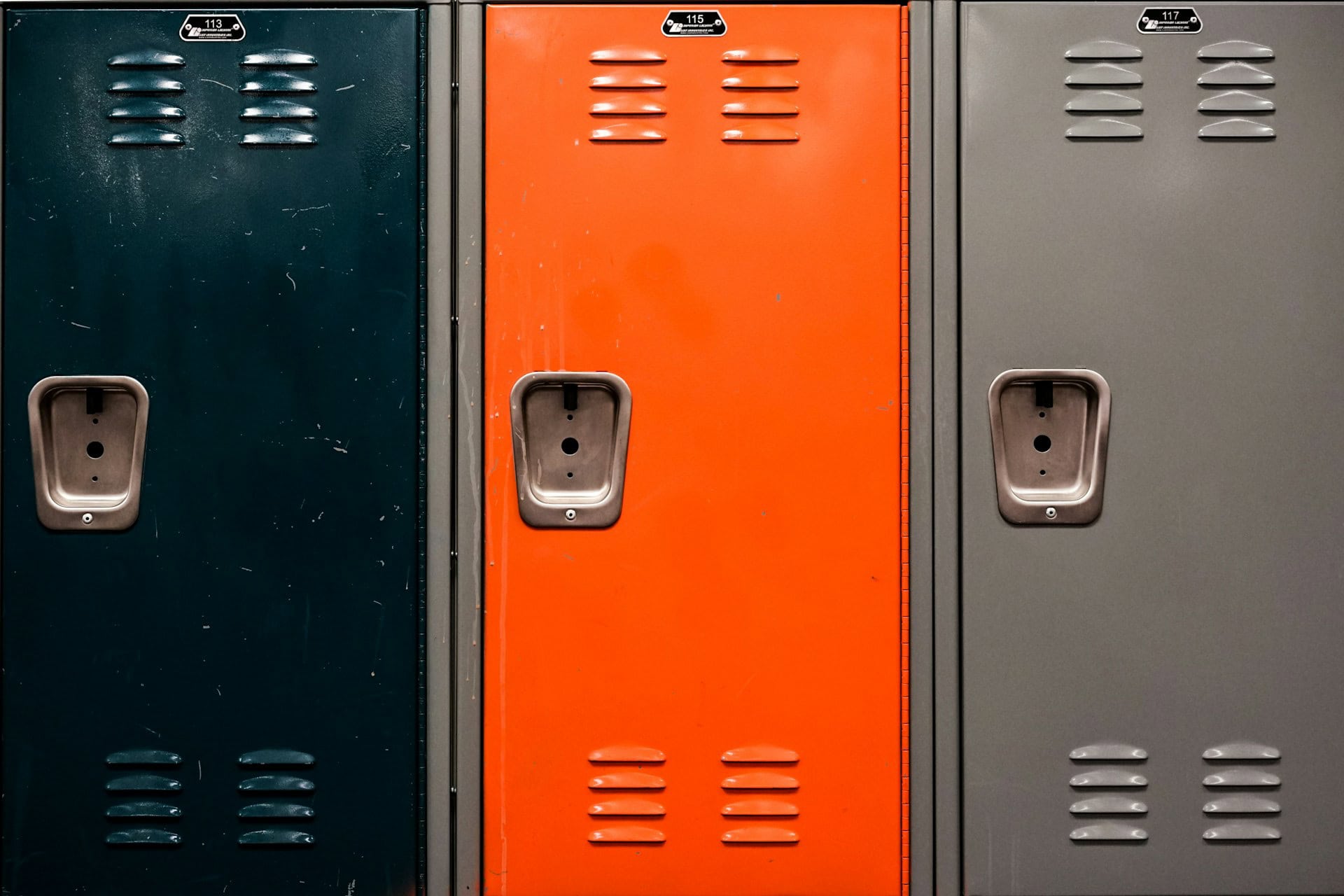
As part of its mission to promote historical thinking in public life and professional integrity in history education, the American Historical Association monitors and offers guidance on state-level academic frameworks.
Engage with History
Explore History Resources
Learning history is crucial for students and the public to understand our world today.
History, the Past, and Public Culture: Results from a National Survey
This project aspired to take America’s historical pulse by assessing public perceptions of, and engagement with, the discipline of history and the past. The AHA partnered with Fairleigh Dickinson University to develop and implement a national survey that explored the public’s definition of the term “history,” where audiences access history.
Support the AHA
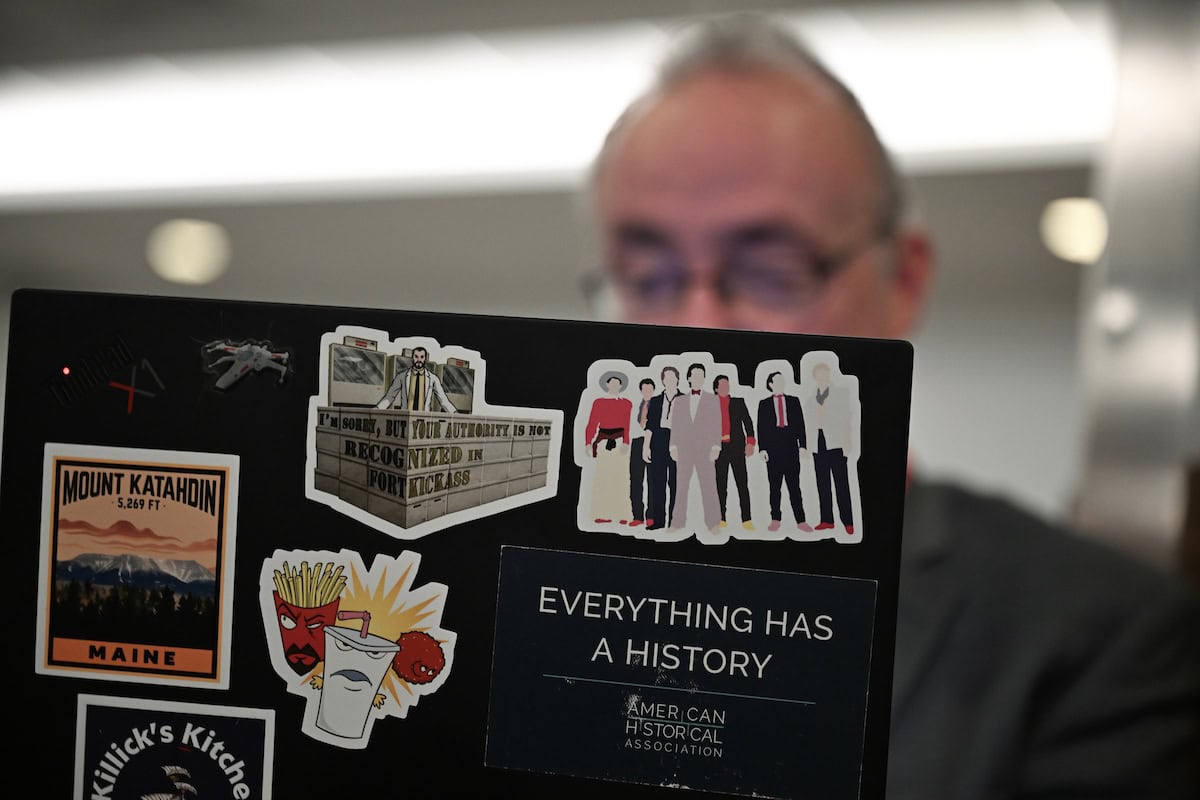
Get the latest articles, news, and updates from the AHA by signing up for our newsletters. Stay informed about upcoming events and webinars, new resources and publications, and more.
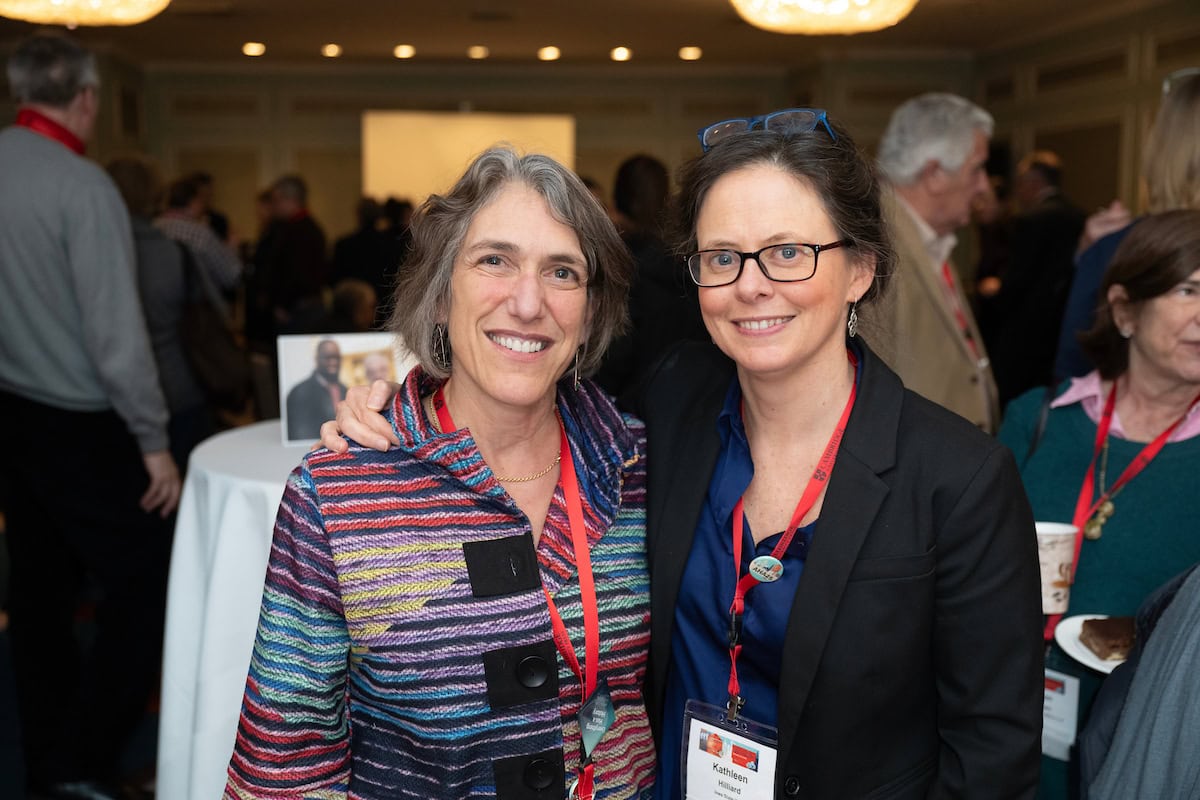
The AHA brings together historians from all specializations and all work contexts, embracing the breadth and variety of activity in history today
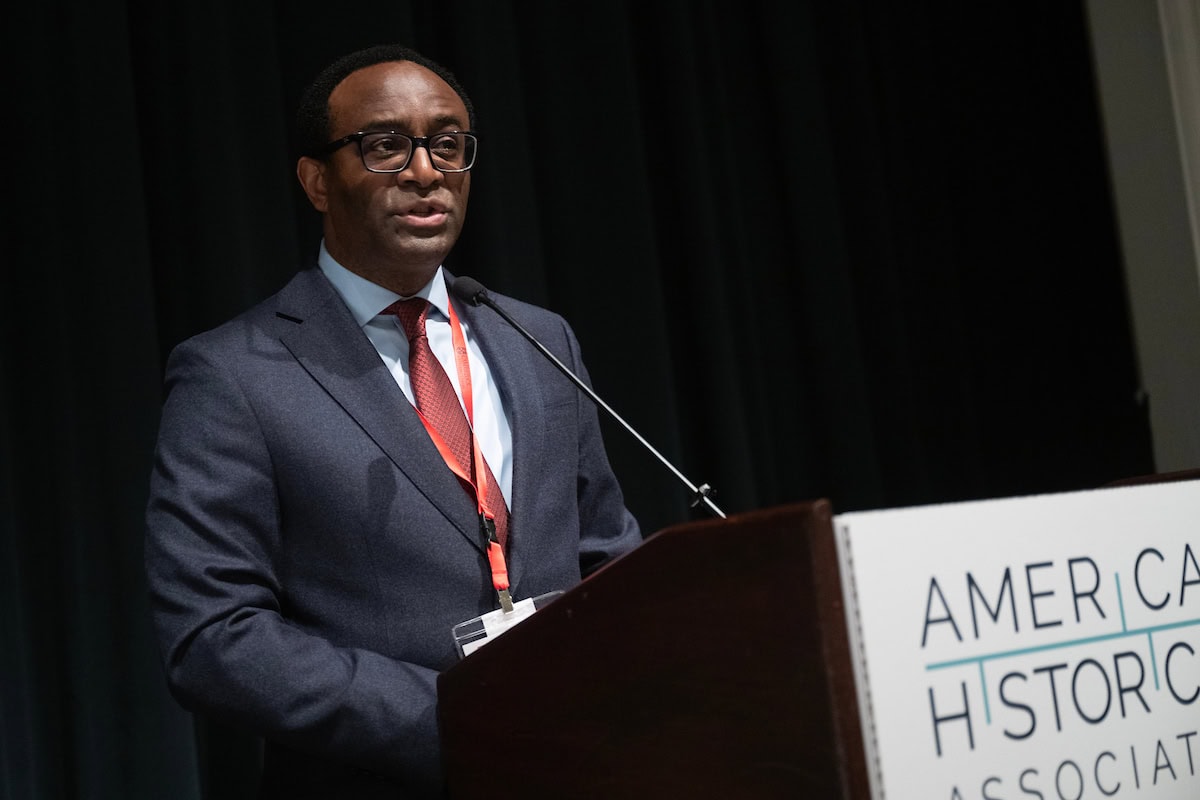
Your support is vital to our efforts to promote historical work and the importance of historical thinking in public life.
